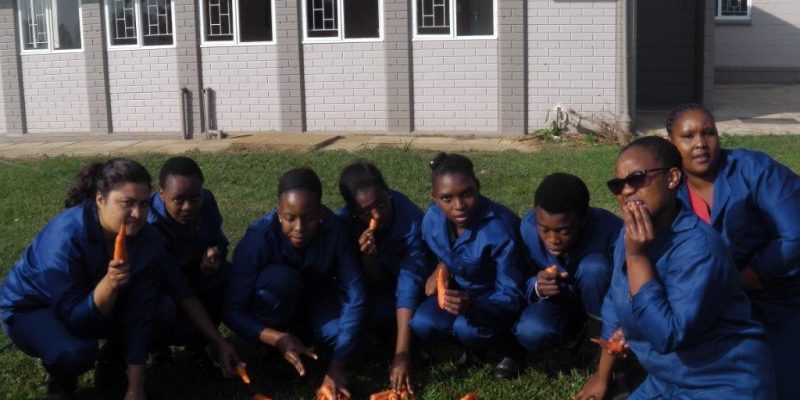“If you can dream it, you can do it” has been the driving force behind the life of Tim Harris from Tim’s Place (a diner found in New Mexico).
Born in 1986 with Down Syndrome, Tim’s life has been defined by exceeding expectations and inspiring those around him. “I’m here to change the world with hugs” he says. Tim’s Big Heart Foundation (TBHF) is a non-profit corporation that aims to inspire people from all over the world with disabilities to lead meaningful and fulfilling lives via entrepreneurship and inclusion in their communities.
We look at our very own non-profit organization EmployAbility-Vulindlela (opening the way) which is a registered Section 21 Company that focuses on supported employment for persons with disability. EmployAbility-Vulindlela has the vision that person with disabilities will be accepted for their abilities rather than their disabilities. To this end we focus on the successful integration of people with intellectual disabilities into the mainstream labour market.
Anyone with the right support, can achieve their dreams.
Natascha Mc Allister
Operations Manager
KZN

